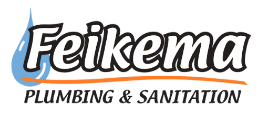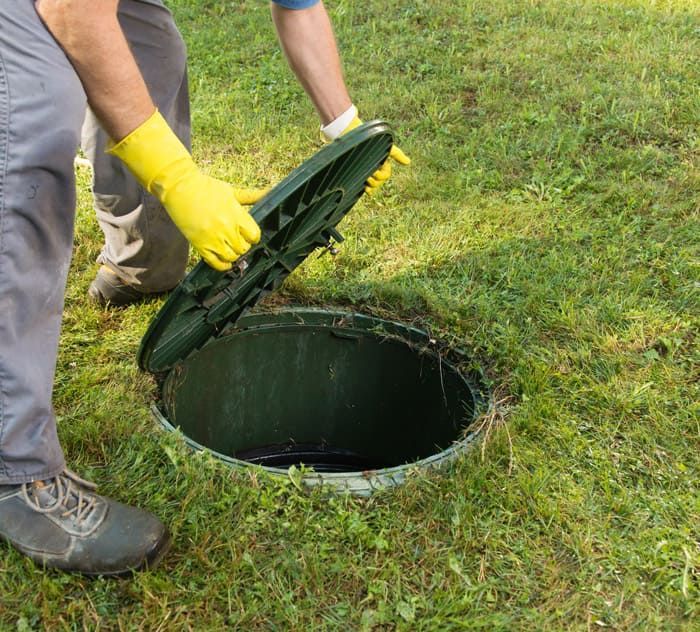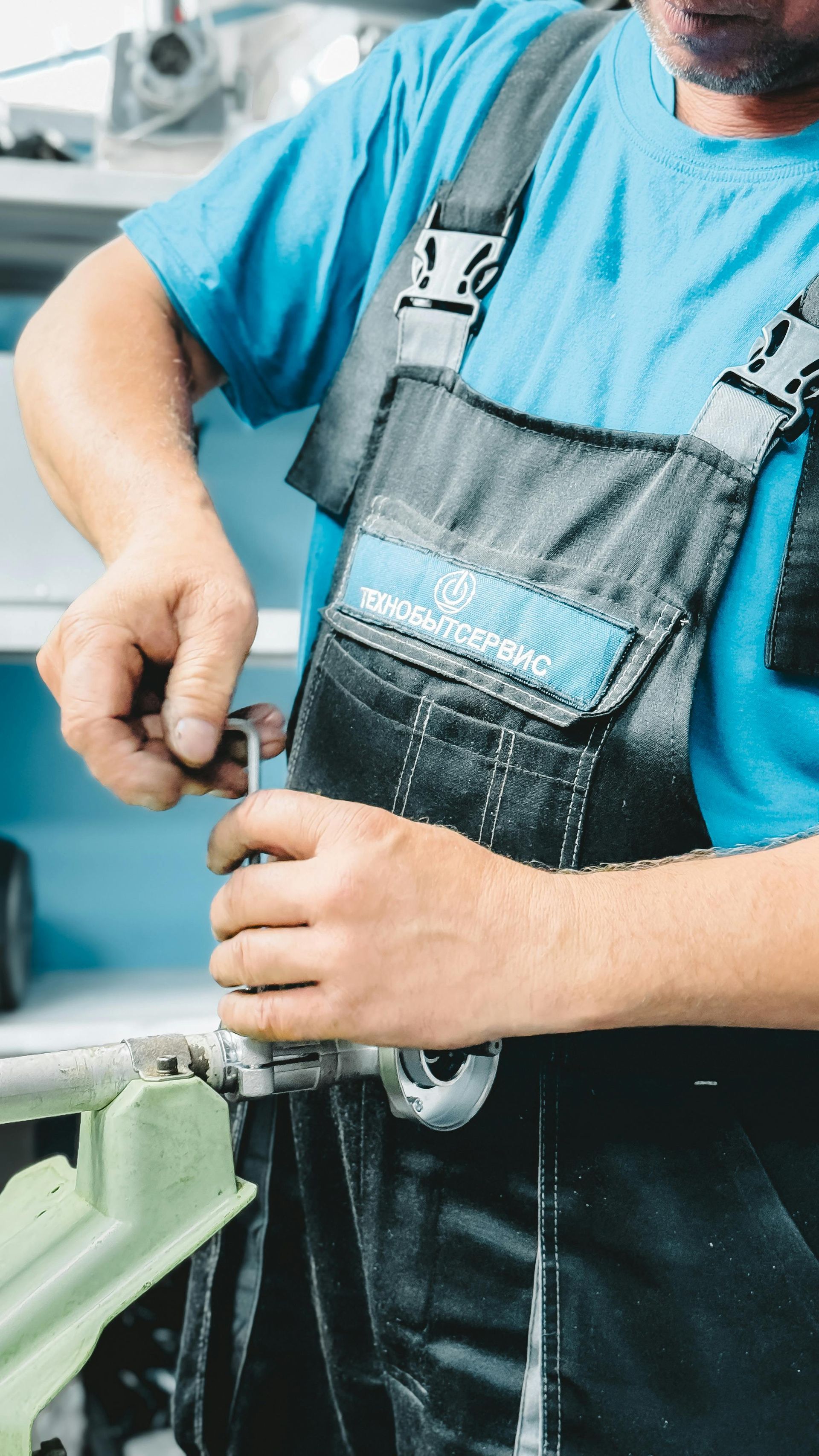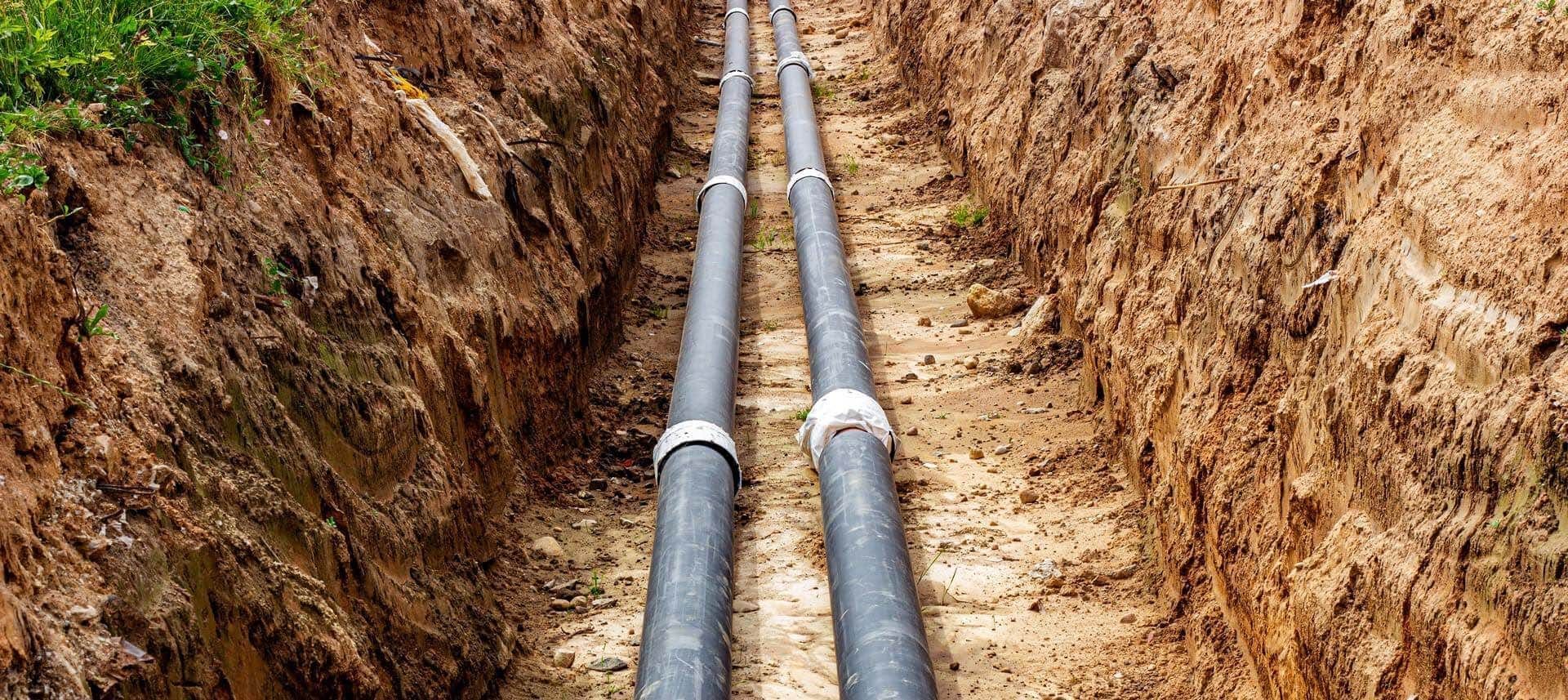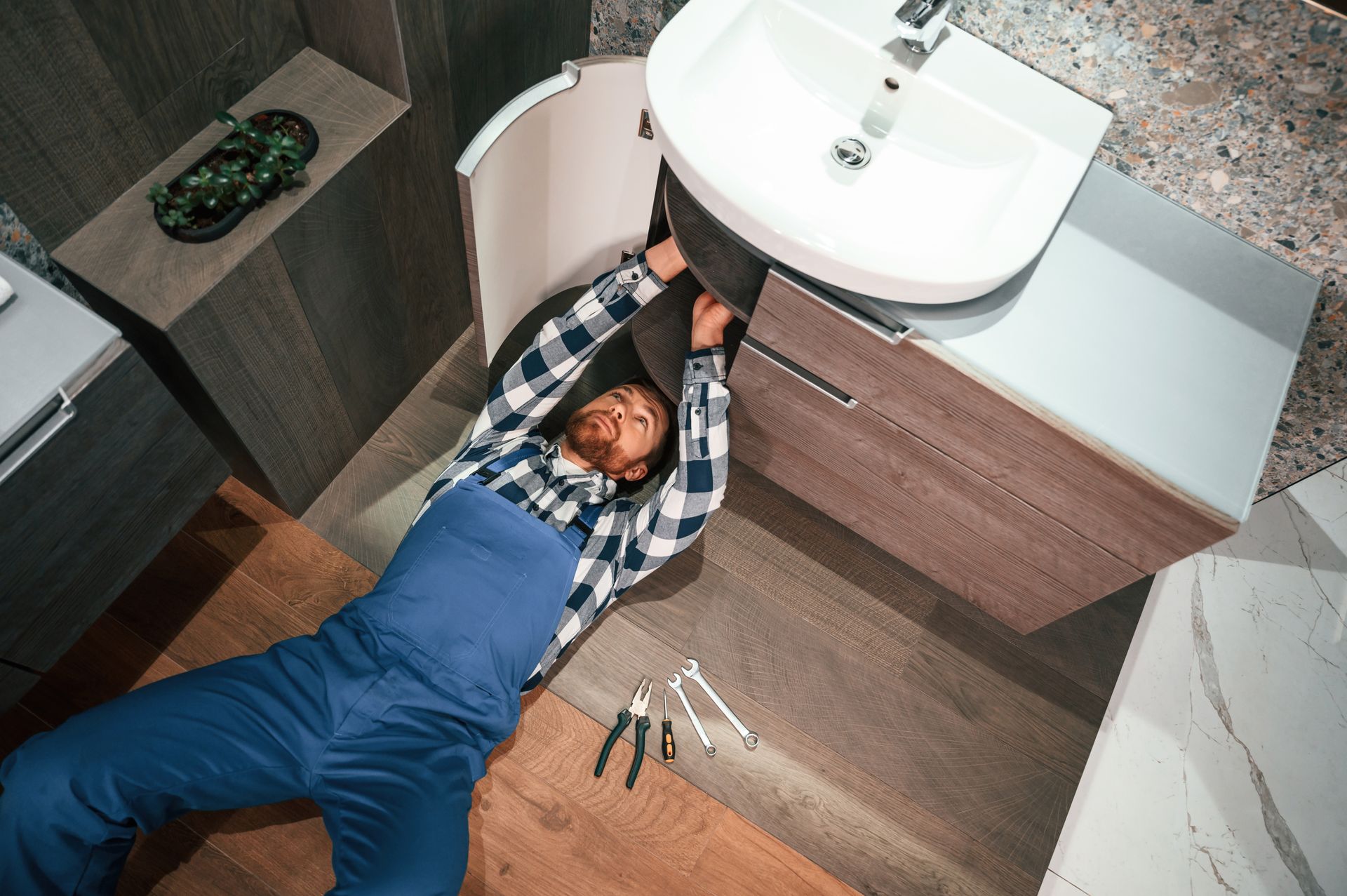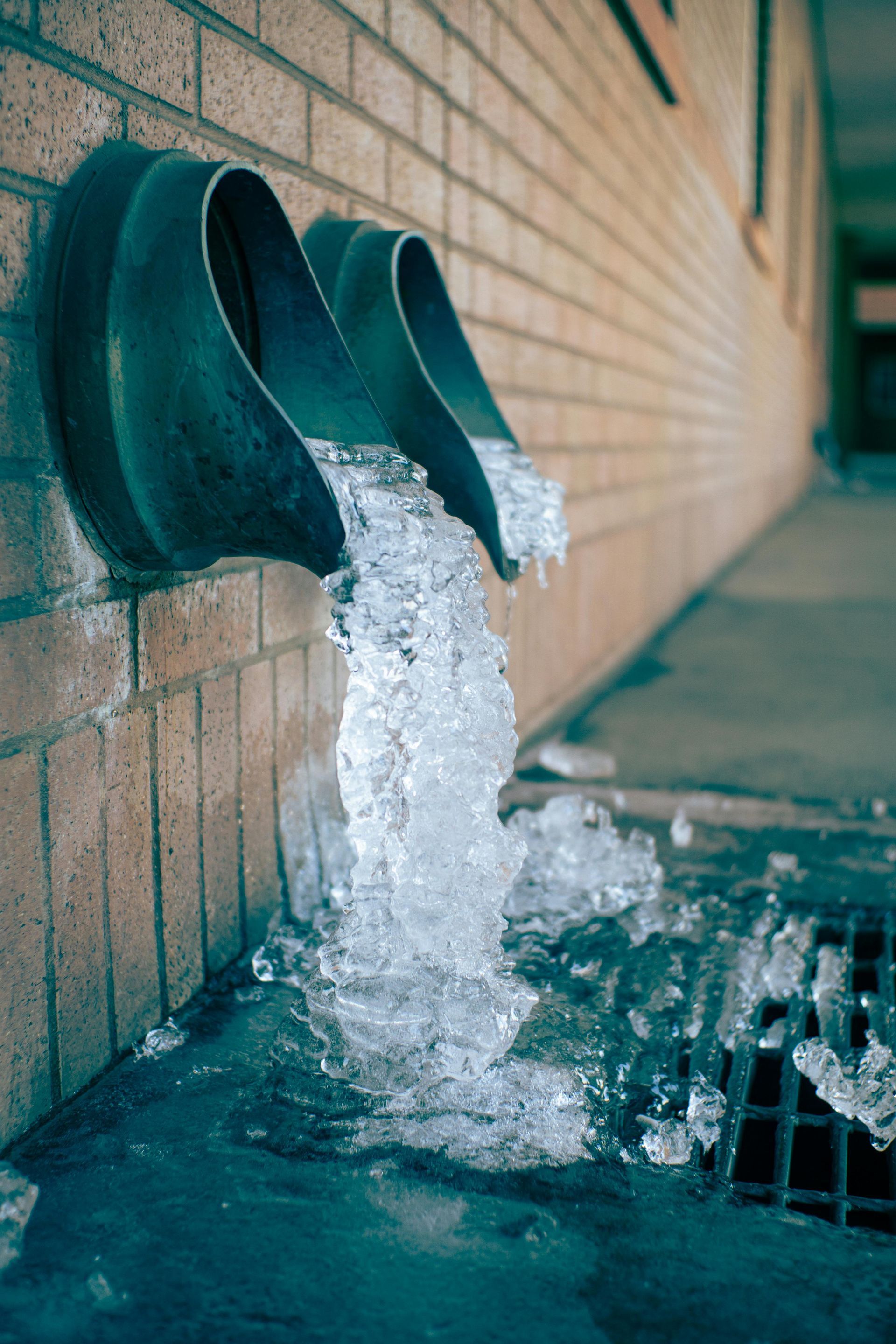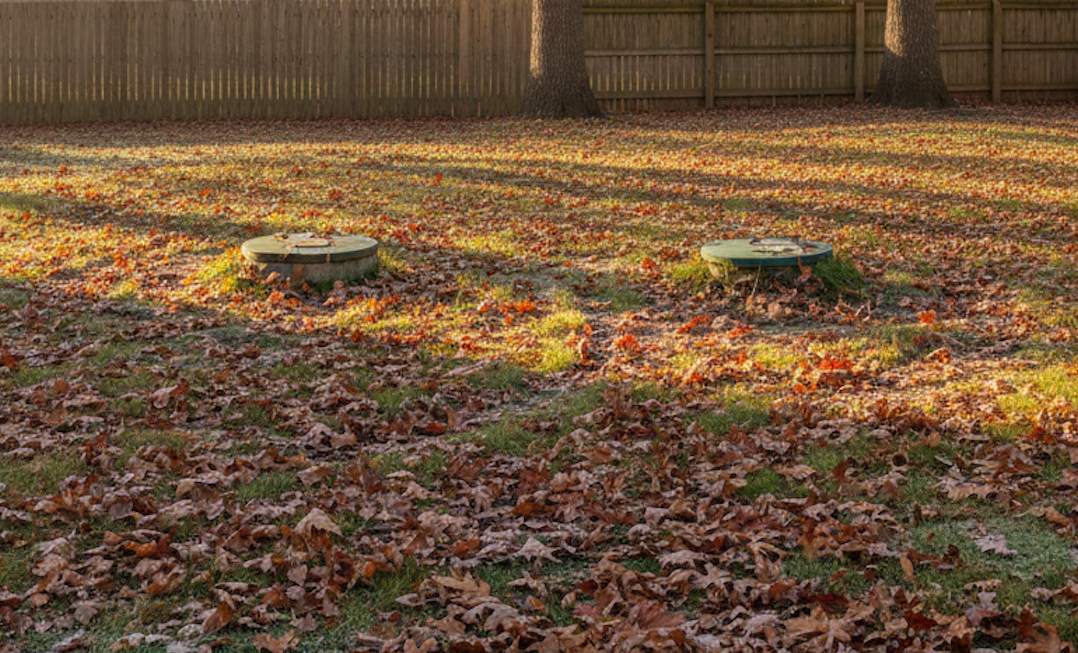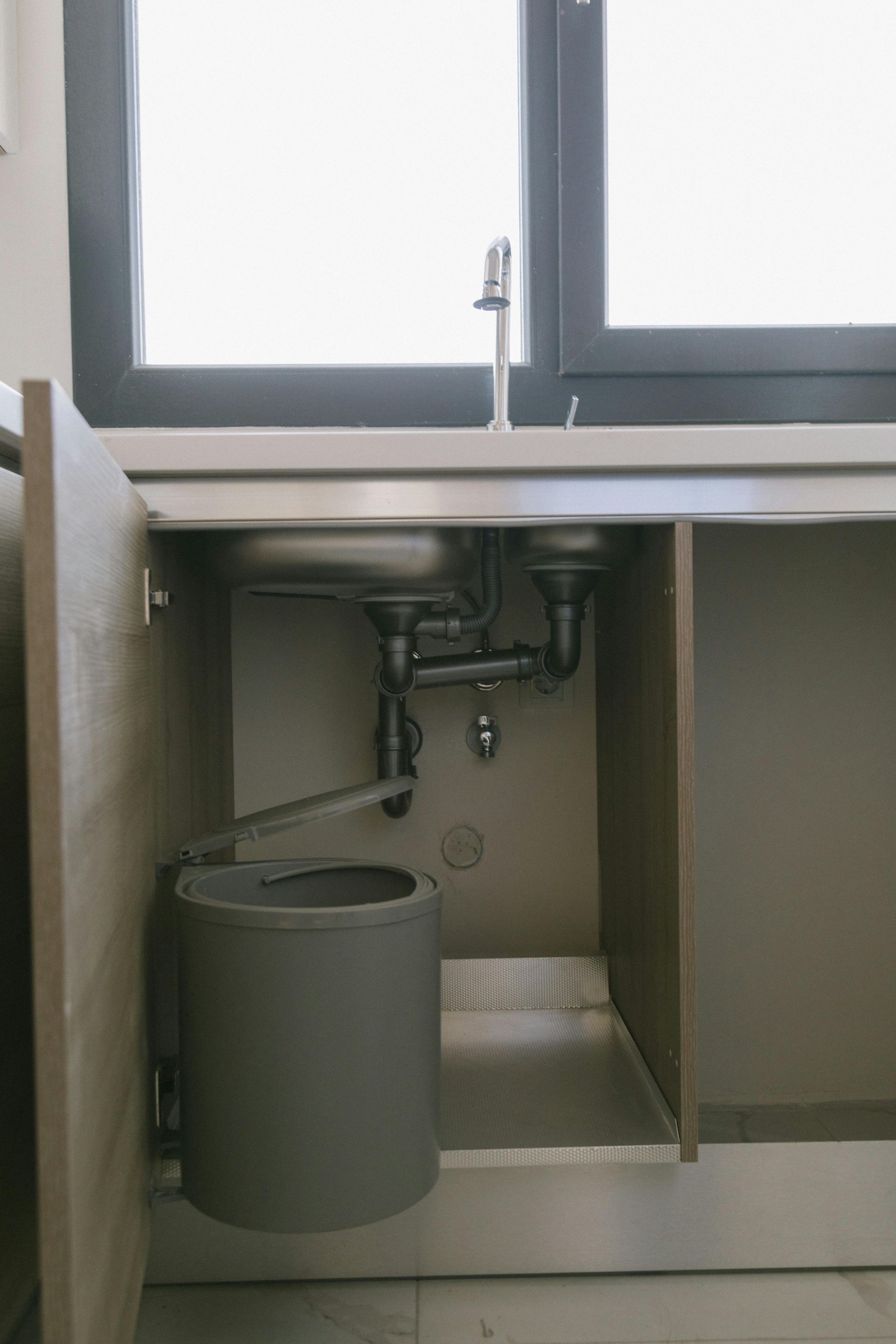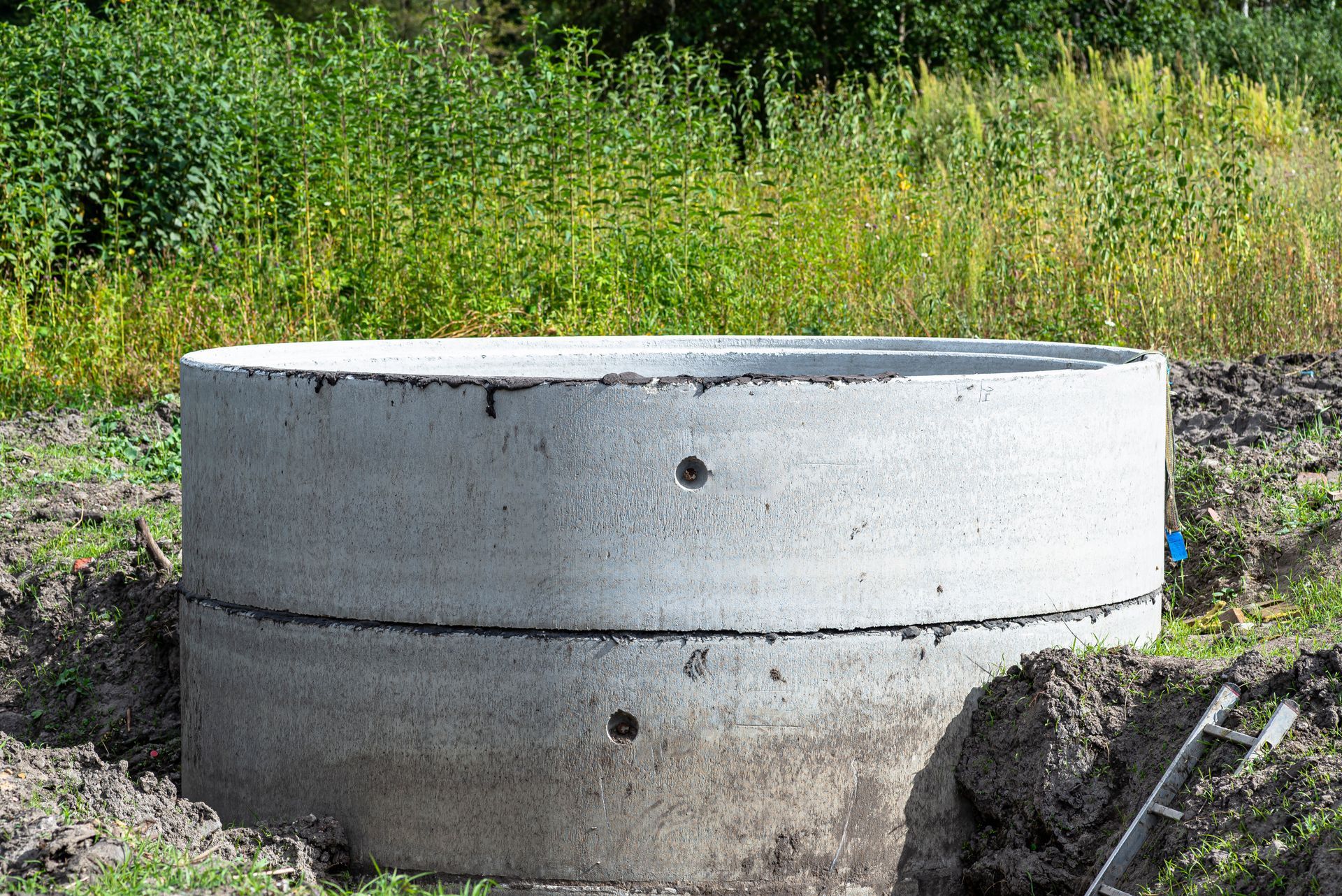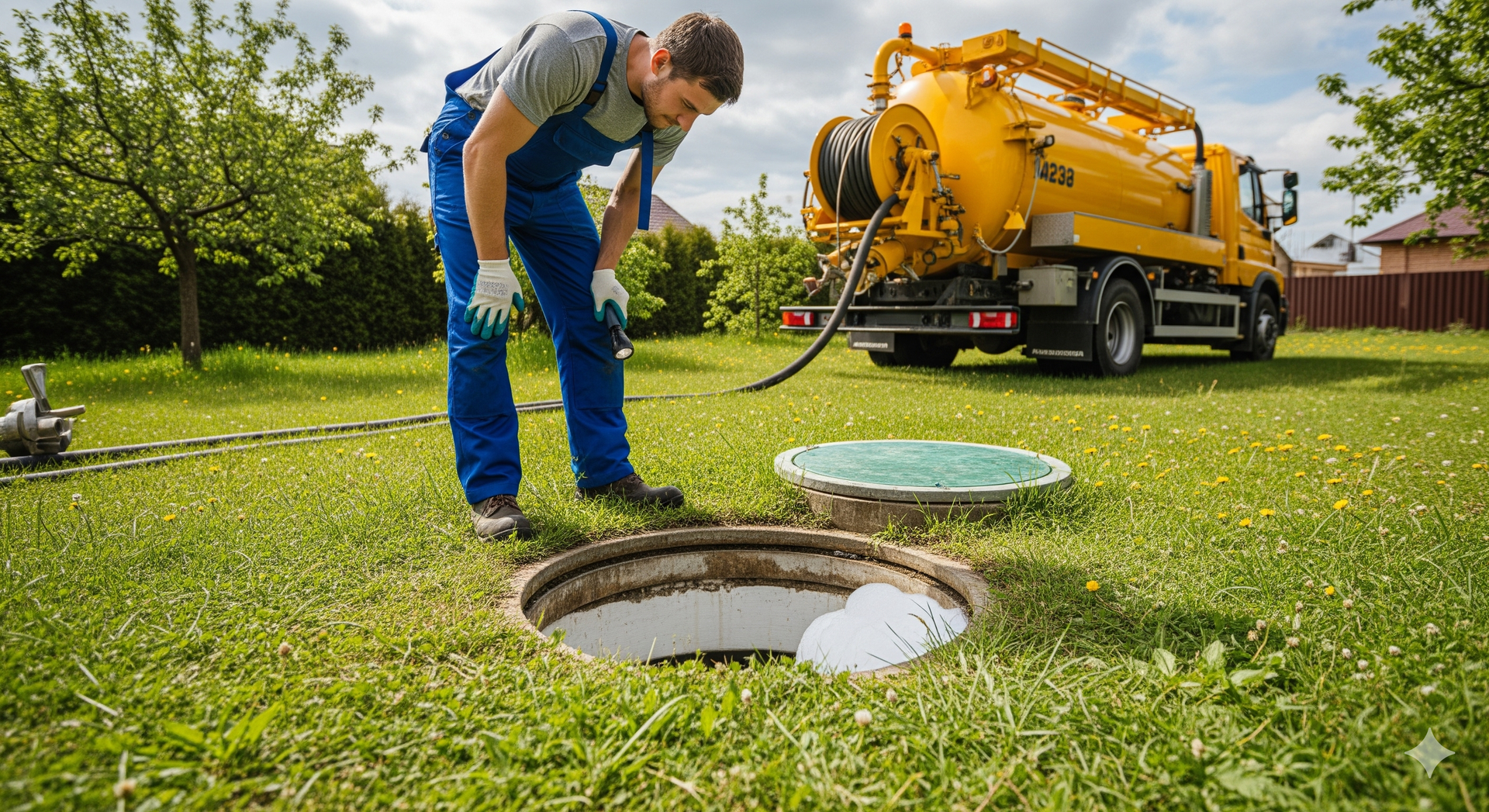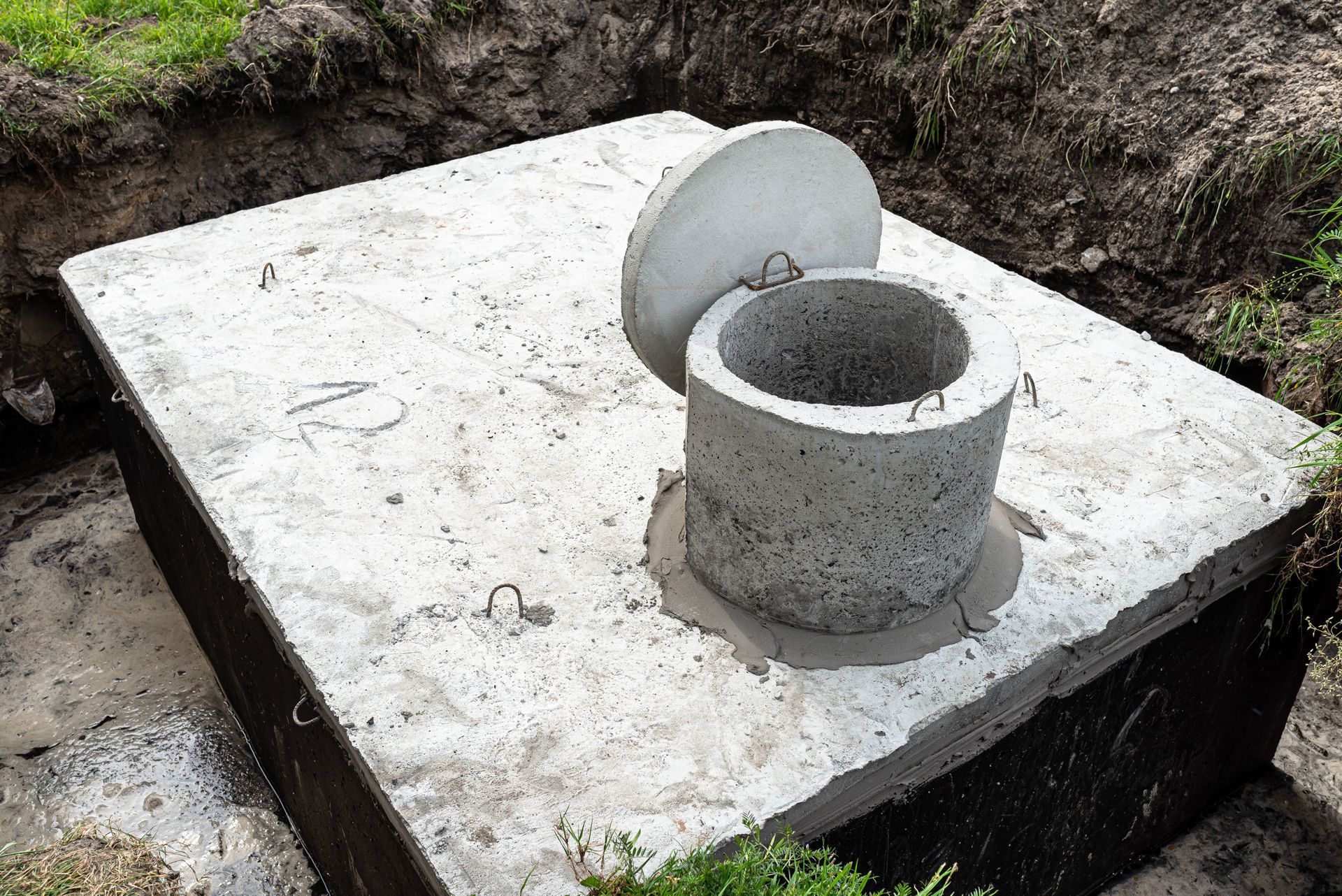Understanding Common Plumbing Issues in Indiana Homes
Plumbing issues can disrupt daily life, increase utility costs, and lead to costly repairs if not addressed promptly. In Indiana, where weather patterns range from freezing winters to humid summers, homeowners face unique plumbing challenges influenced by climate, water quality, and aging infrastructure. This article explores the most common plumbing problems in Indiana homes, their causes, prevention strategies, and practical solutions. By understanding these issues, homeowners can maintain their plumbing systems, avoid unexpected breakdowns, and ensure their homes remain comfortable and efficient.
For expert help with leaks, clogs, and maintenance, many residents rely on trusted plumbing services to keep their homes running smoothly. If you’re unsure whether your home is covered, you can check the company’s full list of service areas to confirm availability in your location.
Key Takeaways
- Seasonal Impacts: Indiana's cold winters can cause frozen or burst pipes, while humid summers contribute to mold and drainage issues.
- Water Quality Concerns: Hard water in many Indiana regions can lead to pipe scaling and fixture damage.
- Aging Infrastructure: Older homes in Indiana often have outdated plumbing systems prone to leaks and corrosion.
- Preventive Maintenance: Regular inspections and timely repairs can prevent minor issues from becoming major problems.
- Professional Help: Some plumbing issues, like sewer line backups or major leaks, require professional expertise to resolve effectively.
- Cost Savings: Addressing plumbing issues early can save homeowners significant repair costs and reduce water waste.
Common Plumbing Issues in Indiana Homes
Frozen and Burst Pipes
Indiana’s winters often bring subzero temperatures, putting pipes at risk of freezing. When water inside pipes freezes, it expands, increasing pressure and potentially causing pipes to crack or burst. This issue is especially common in older homes with uninsulated pipes in crawlspaces, basements, or exterior walls.
Frozen pipes can halt water flow, while burst pipes can lead to flooding, water damage, and mold growth. Homeowners in cities like Indianapolis and Fort Wayne, where winter temperatures can plummet, frequently encounter this issue. To prevent frozen pipes, insulate exposed pipes with foam sleeves, keep indoor temperatures above 55°F, and allow faucets to drip during extreme cold. If a pipe freezes, use a hairdryer or warm towel to thaw it gradually, but avoid open flames to prevent fire hazards. For burst pipes, shut off the main water supply immediately and contact a professional plumber who can provide reliable
emergency services.
Hard Water and Pipe Scaling
Indiana’s water supply, particularly in areas like South Bend and Bloomington, often contains high levels of calcium and magnesium, resulting in hard water. Over time, these minerals build up inside pipes and fixtures, causing scaling that restricts water flow, reduces water heater efficiency, and damages appliances like dishwashers and washing machines.
Hard water also affects household tasks, leaving spots on dishes, reducing soap lathering, and causing dry skin or hair. Homeowners can address hard water by installing a water softener, which removes excess minerals, or by using descaling agents for periodic maintenance. Regular flushing of water heaters can also prevent sediment buildup and extend the appliance’s lifespan.
Leaky Faucets and Fixtures
Leaky faucets are among the most common plumbing issues in Indiana homes, often caused by worn-out washers, O-rings, or seals. A single dripping faucet can waste hundreds of gallons of water annually, increasing utility bills and contributing to environmental strain. In areas with hard water, mineral deposits can accelerate wear on faucet components, exacerbating leaks.
Fixing a leaky faucet is often a straightforward task. Replacing the washer or O-ring typically resolves the issue, but homeowners should ensure the water supply is turned off before attempting repairs. For persistent leaks or complex fixtures, professional assistance may be necessary to avoid damaging the faucet or plumbing system.
Clogged Drains and Sewer Line Issues
Clogged drains are a frequent nuisance in Indiana homes, often resulting from grease, hair, soap scum, or food debris accumulating in pipes. In kitchens, grease buildup is a common culprit, while bathroom drains are prone to hair and soap clogs. Over time, clogs can slow drainage or cause backups, leading to unpleasant odors and potential water damage.
Sewer line issues, such as tree root intrusion or pipe corrosion, are more severe and often affect older homes in cities like Evansville or Terre Haute. Symptoms include slow drains, gurgling noises, or sewage odors. Homeowners can prevent clogs by using drain screens, avoiding pouring grease down sinks, and scheduling regular drain cleanings. For sewer line problems, a professional plumber can use video inspection tools or advanced
specialty services to diagnose and address the issue.
Water Heater Malfunctions
Water heaters are essential for daily comfort, but they can develop issues like insufficient hot water, strange noises, or leaks. In Indiana, hard water accelerates sediment buildup in water heater tanks, reducing efficiency and causing overheating. Aging water heaters, typically lasting 8-12 years, may also develop rust or corrosion, leading to leaks.
Regular maintenance, such as flushing the tank annually to remove sediment, can extend a water heater’s lifespan. Homeowners should also check the pressure relief valve and anode rod periodically. If a water heater fails to produce hot water or shows signs of leaking, it may need repair or replacement. Tankless water heaters, which are becoming popular in Indiana, offer energy efficiency but require professional installation and maintenance.
Low Water Pressure
Low water pressure can make tasks like showering or washing dishes frustrating. In Indiana homes, this issue often stems from hard water scaling, clogged aerators, or leaks in the plumbing system. In older homes, corroded galvanized pipes may also restrict water flow. Municipal water supply issues, though less common, can also contribute.
To address low water pressure, clean or replace faucet aerators and showerheads to remove mineral buildup. If the problem persists, inspect for leaks or consult a plumber to evaluate the plumbing system. In some cases, replacing outdated pipes with modern materials like copper or
PEX can restore proper water pressure.
Preventive Maintenance Tips for Indiana Homeowners
Preventing plumbing issues requires proactive measures. Here are practical steps to maintain a healthy plumbing system:
- Insulate Pipes: Use foam pipe insulation to protect against freezing in winter, especially in unheated areas like basements or garages.
- Schedule Regular Inspections: Hire a professional plumber to inspect your system annually for leaks, corrosion, or other issues.
- Install a Water Softener: Combat hard water by installing a water softener to reduce scaling and extend the life of pipes and appliances.
- Use Drain Screens: Place screens over drains to catch hair, food, and debris, preventing clogs.
- Monitor Water Bills: Sudden increases in water bills may indicate hidden leaks, prompting early investigation.
- Maintain Water Heaters: Flush water heaters annually and check components like the anode rod to prevent corrosion.
- Consider Waterproofing: Protect basements and crawlspaces from moisture damage by investing in professional waterproofing services, which can reduce risks of mold, leaks, and foundation problems.
| Plumbing Issue | Common Causes | Prevention Tips | Estimated Repair Cost |
|---|---|---|---|
| Frozen/Burst Pipes | Freezing temperatures, uninsulated pipes | Insulate pipes, keep faucets dripping | $200-$1,000+ |
| Hard Water Scaling | High mineral content in water | Install water softener, flush water heater | $500-$2,000 (softener installation) |
| Leaky Faucets | Worn washers, mineral buildup | Replace washers, clean aerators | $50-$200 |
| Clogged Drains | Grease, hair, debris | Use drain screens, avoid grease disposal | $100-$400 |
| Water Heater Issues | Sediment buildup, corrosion | Flush tank annually, check anode rod | $300-$1,500 |
| Low Water Pressure | Scaling, leaks, corroded pipes | Clean aerators, inspect for leaks | $150-$1,000+ |
Frequently Asked Questions
What should I do if my pipes freeze during an Indiana winter?
Turn off the main water supply to prevent bursts, then gently thaw the pipe using a hairdryer or warm towel. Avoid open flames, as they pose a fire risk. If the pipe has burst or you’re unsure, contact a plumber immediately.
How can I tell if I have hard water in my Indiana home?
Signs include spots on dishes, reduced soap lathering, dry skin or hair, and scaling on faucets or appliances. A water testing kit or professional assessment can confirm hard water levels.
Are clogged drains a sign of a bigger plumbing problem?
Minor clogs are common, but persistent slow drains, gurgling noises, or sewage odors may indicate a sewer line issue. A plumber can use video inspection to diagnose the problem.
How often should I maintain my water heater?
Flush the tank annually to remove sediment and check the anode rod and pressure relief valve every 1-2 years. Professional maintenance every 2-3 years can further extend the unit’s lifespan.
Can I fix low water pressure myself?
Cleaning faucet aerators or showerheads can resolve minor issues. If pressure remains low, check for leaks or consult a plumber to inspect pipes for scaling or corrosion.
Final Thoughts
Plumbing issues are an inevitable part of homeownership, but understanding common problems in Indiana homes empowers homeowners to take proactive steps. From frozen pipes in winter to hard water scaling year-round, addressing issues early can save time, money, and stress. Regular maintenance, such as insulating pipes, installing water softeners, and scheduling professional inspections, keeps plumbing systems running smoothly. For complex issues like sewer line backups or water heater failures, professional expertise ensures safe and effective solutions.
Homeowners can feel more confident choosing a plumber by reading customer
reviews that highlight real experiences with service quality and reliability. If you’re facing a plumbing concern or want to schedule preventive maintenance, don’t wait—contact us today to speak with a professional and keep your plumbing system in top shape.
